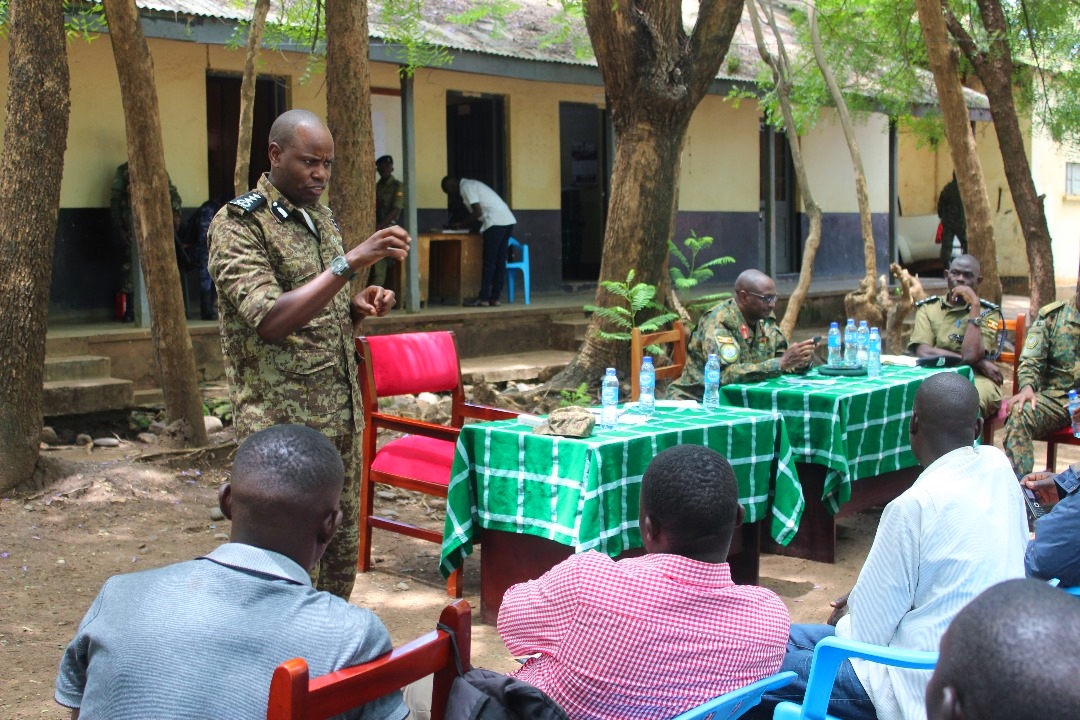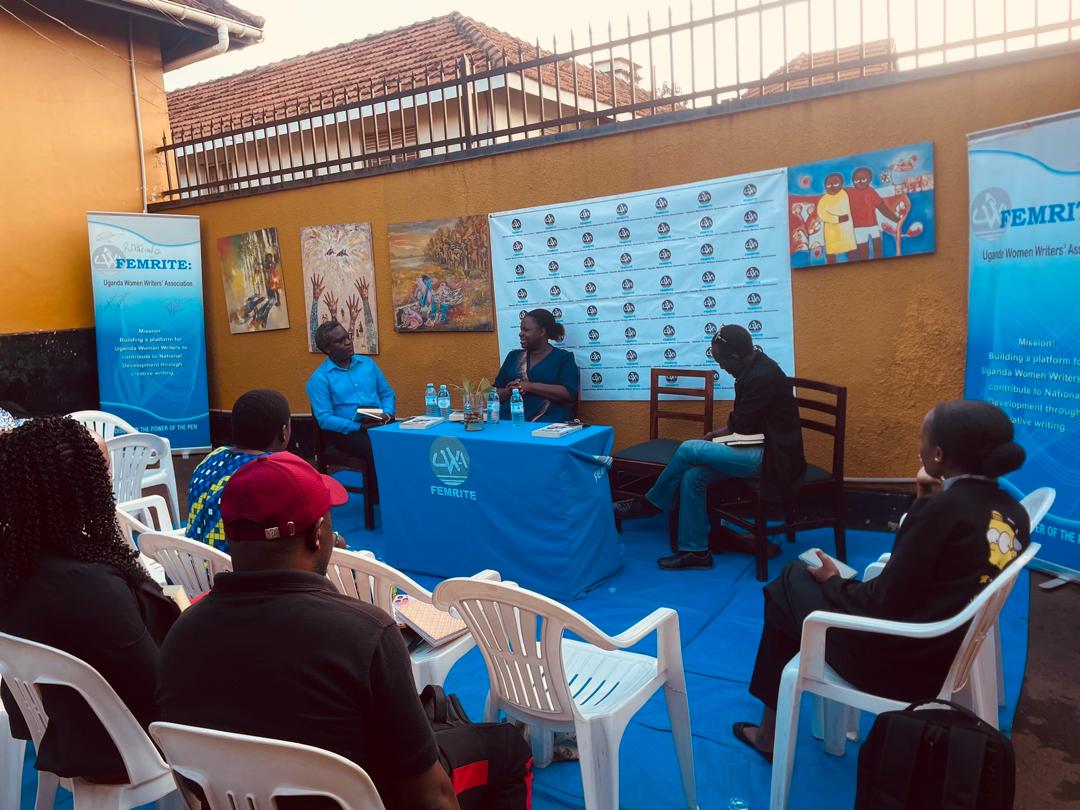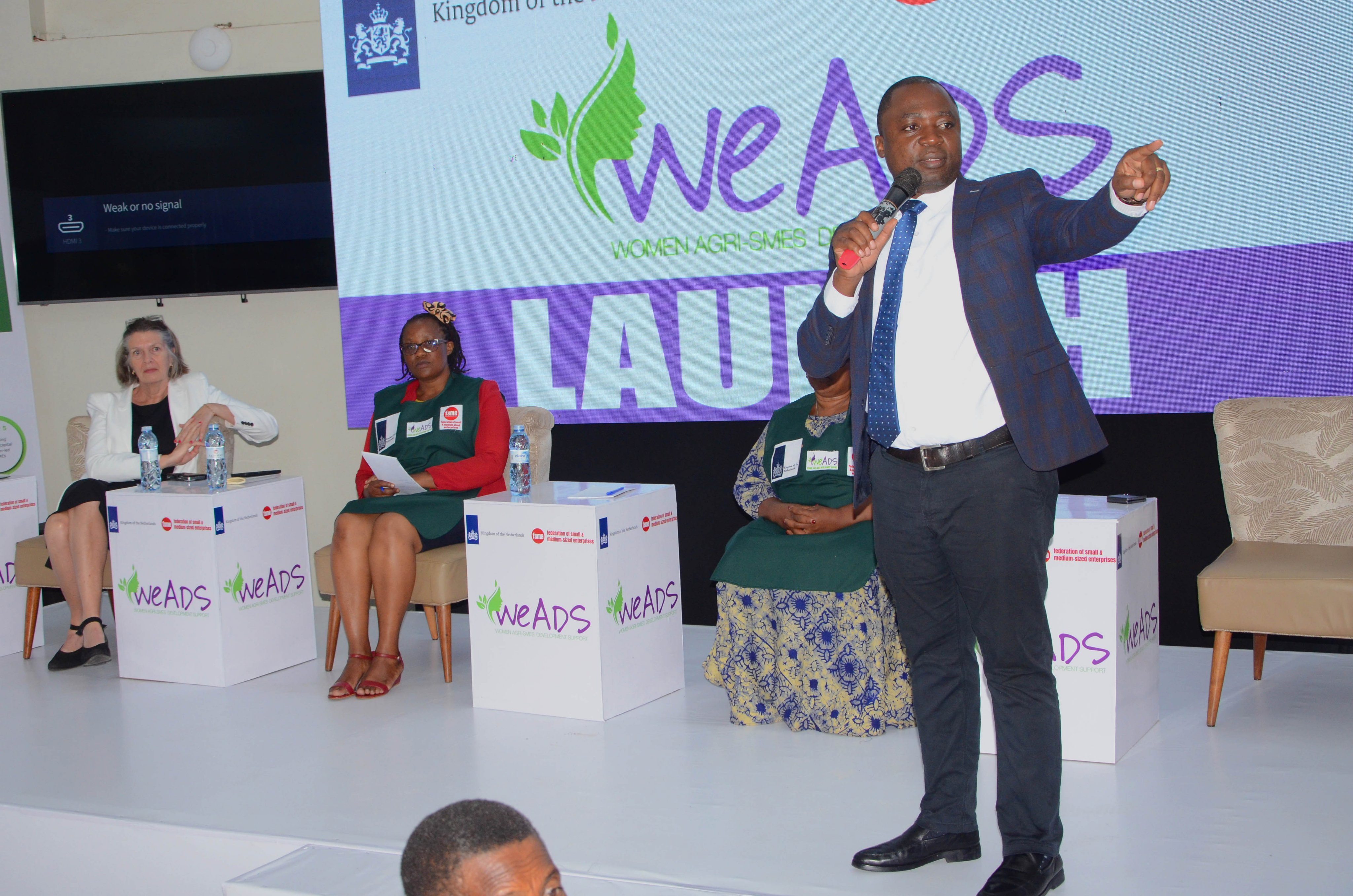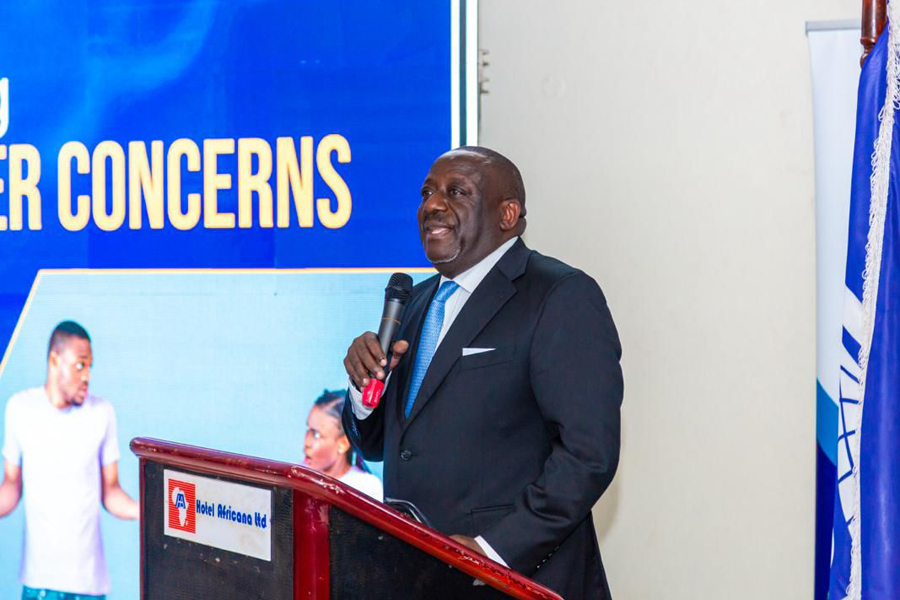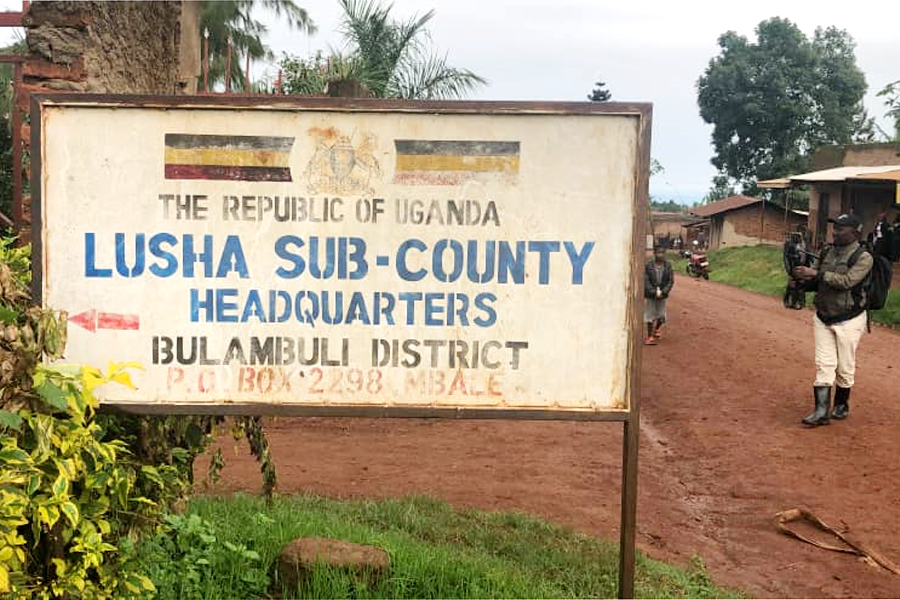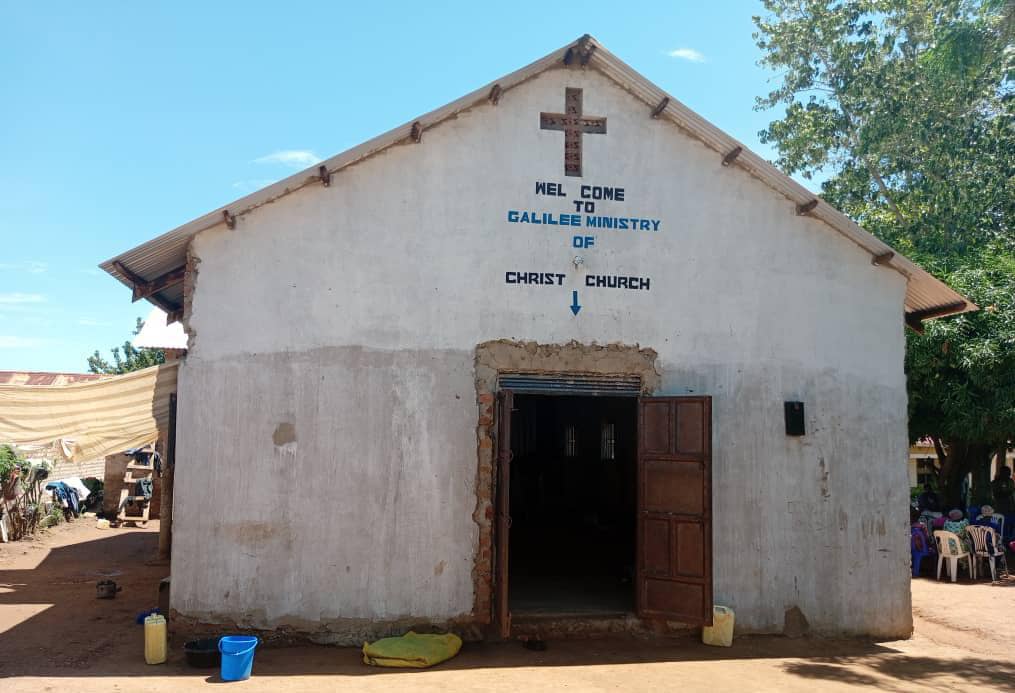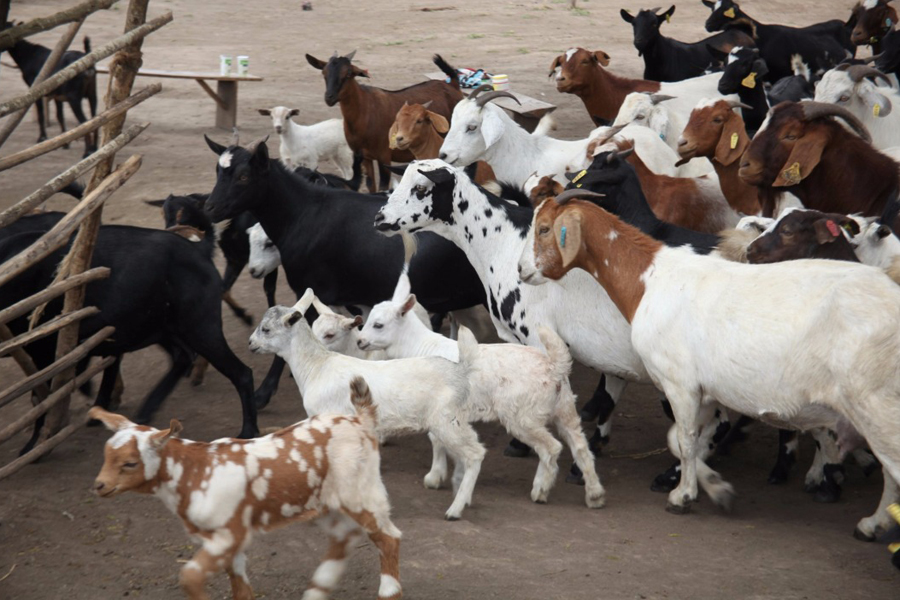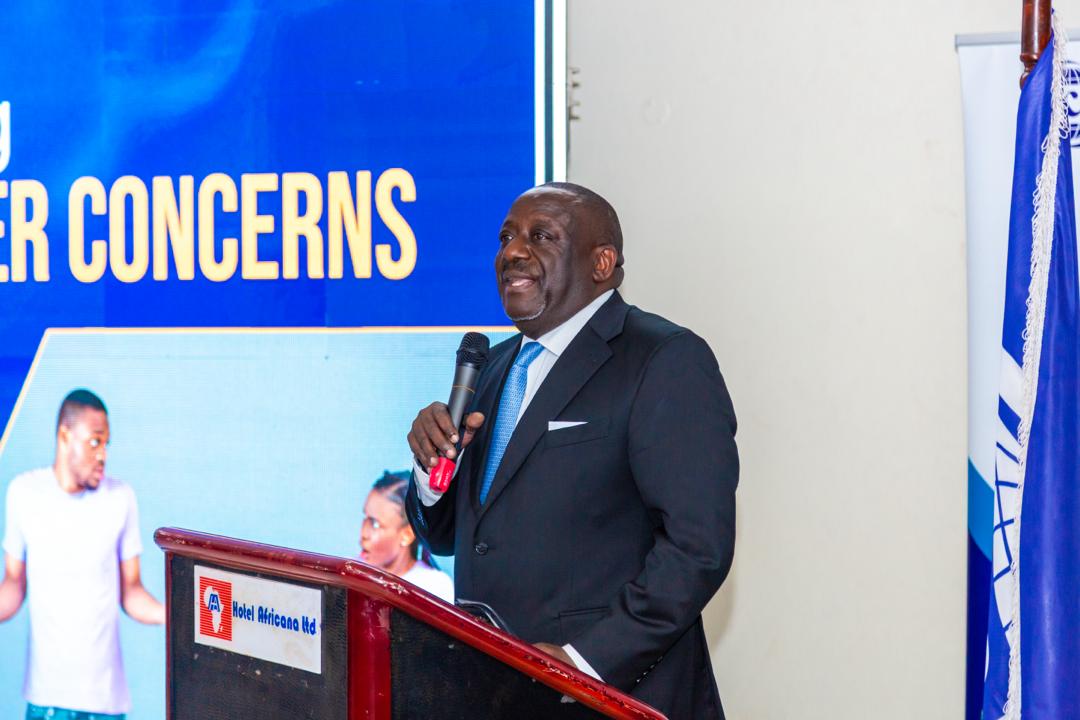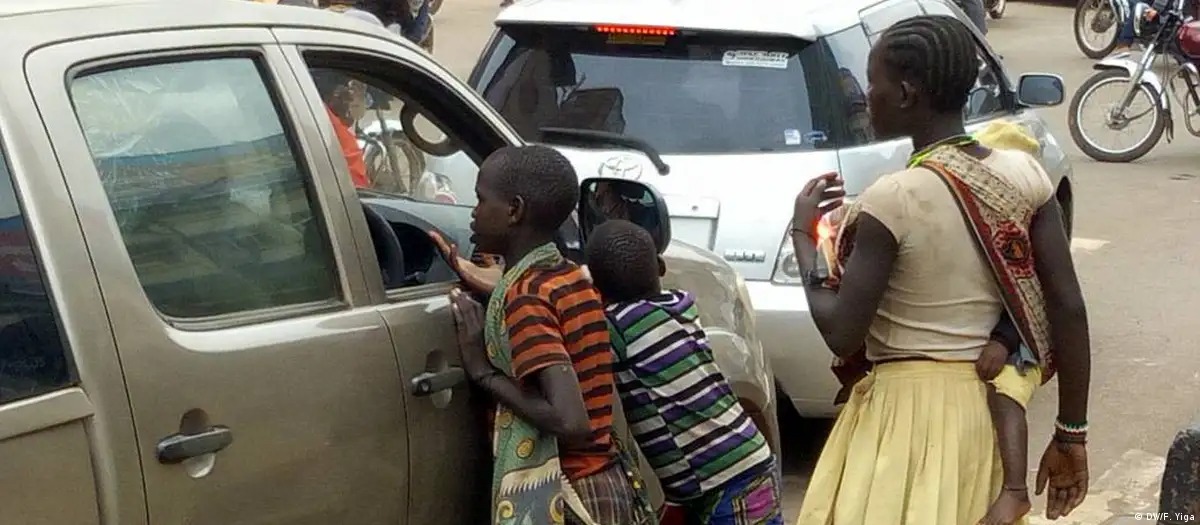Lockdown was an effective intervention in the fight against Ebola in Uganda, say experts
Health experts have said the lockdown that was instituted in the districts of Mubende and Kassanda, which were the epicentre of Ebola greatly helped in the containment of the virus which claimed the lives of at least 55 people.
The remarks were made as experts appeared on a syndicated live panel discussion that took place on NBS television on Thursday night. The discussion was under the theme, 'The end of the Ebola Sudan outbreak in Uganda.
Uganda on Wednesday this week declared the end of the Ebola disease outbreak caused by Sudan Ebola virus less than four months after the first case was confirmed in the country’s central Mubende district on September 20 2022.
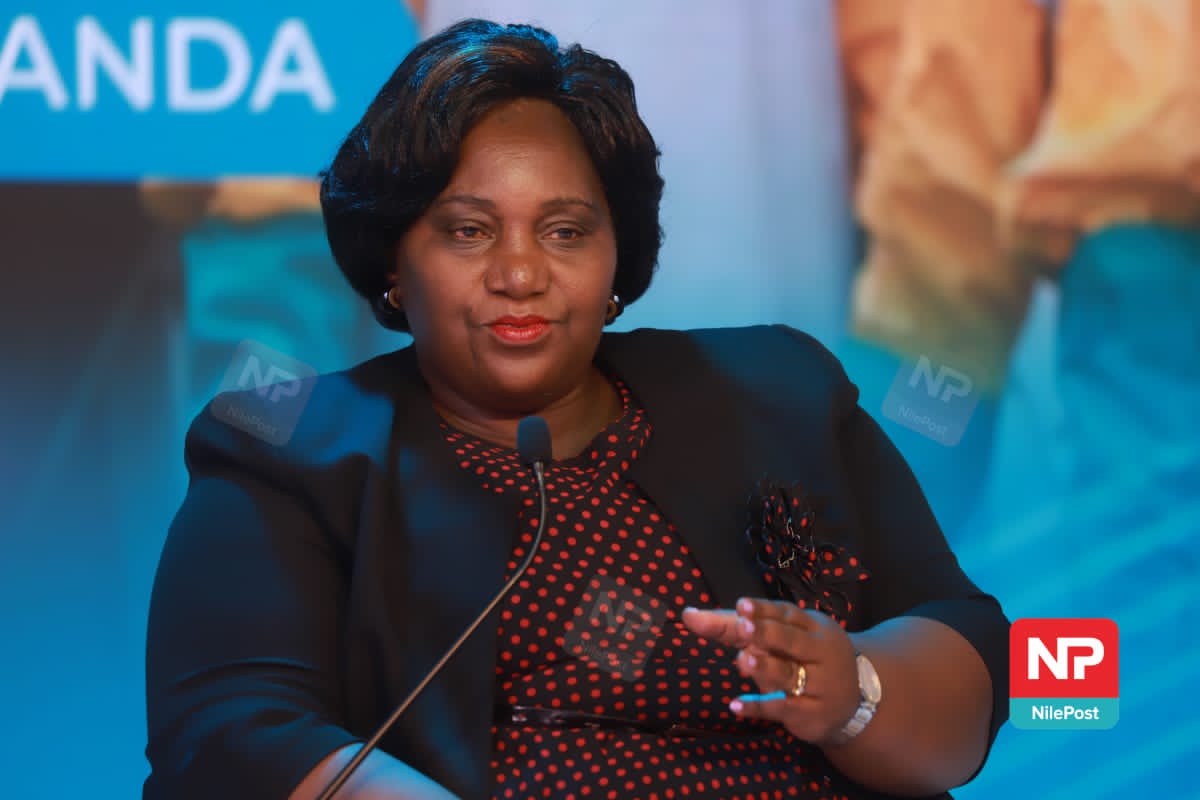 Dr. Miriam Nanyunja from the World Health Organisation
Dr. Miriam Nanyunja from the World Health Organisation
Speaking during the discussion, Dr. Miriam Nanyunja from the World Health Organisation (WHO) said restrictive movement(lockdown) was an effectives intervention in the management of Ebola, adding that it can be used based on the diseases and the availability of other public health measures.
“In diseases like Ebola and Covid where the transmission is through contacts with infected people, you have to limit contact. We saw in this Ebola that people were refusing to adhere to this measure of reducing contact through either social gathering, travel and the disease was even spreading beyond the border of Mubende and Kassanda to other districts. I think restrictive movement(lockdown) was an effectives intervention,” she said.
Nanyunja however said there are different mechanisms that can be used for disease or epidemic control depending on the disease the country is dealing with and it can apply several measures in this case.
“Some diseases have vaccinations and an effective vaccine can help control the disease but there are diseases like Covid-19 and Sudan Ebolavirus where there are no vaccines and you have to use other public restriction measures to control the disease,” she said.
However, the former Leader of Opposition Winnie Kiiza urged the government to always observe and respect human rights in the management of disease outbreaks in the country, saying that the people of Kasanda and Mubende were treated unfairly.
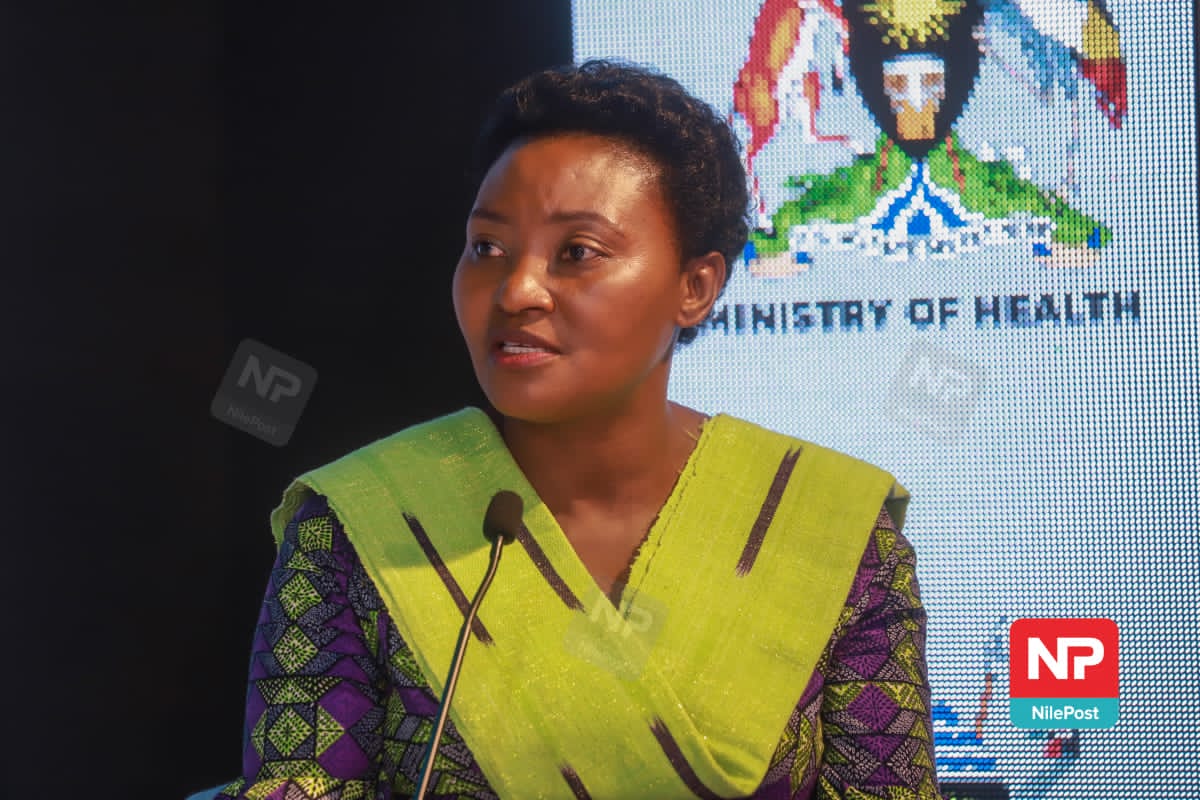 Winnie Kiiza, Former MP and LOP
Winnie Kiiza, Former MP and LOP
Kiiza said it was a hard time for Ugandans because epidemics change the normal set ups of the people, adding that the lockdown affected the people of these areas economically, socially and politically.
“I hate it when we are fighting epidemics and we beat people. I don't like it because that's not the best way to handle human beings. As a politician I can say, they should have left people to move but I also know, as politicians, we need healthy people,” she said.
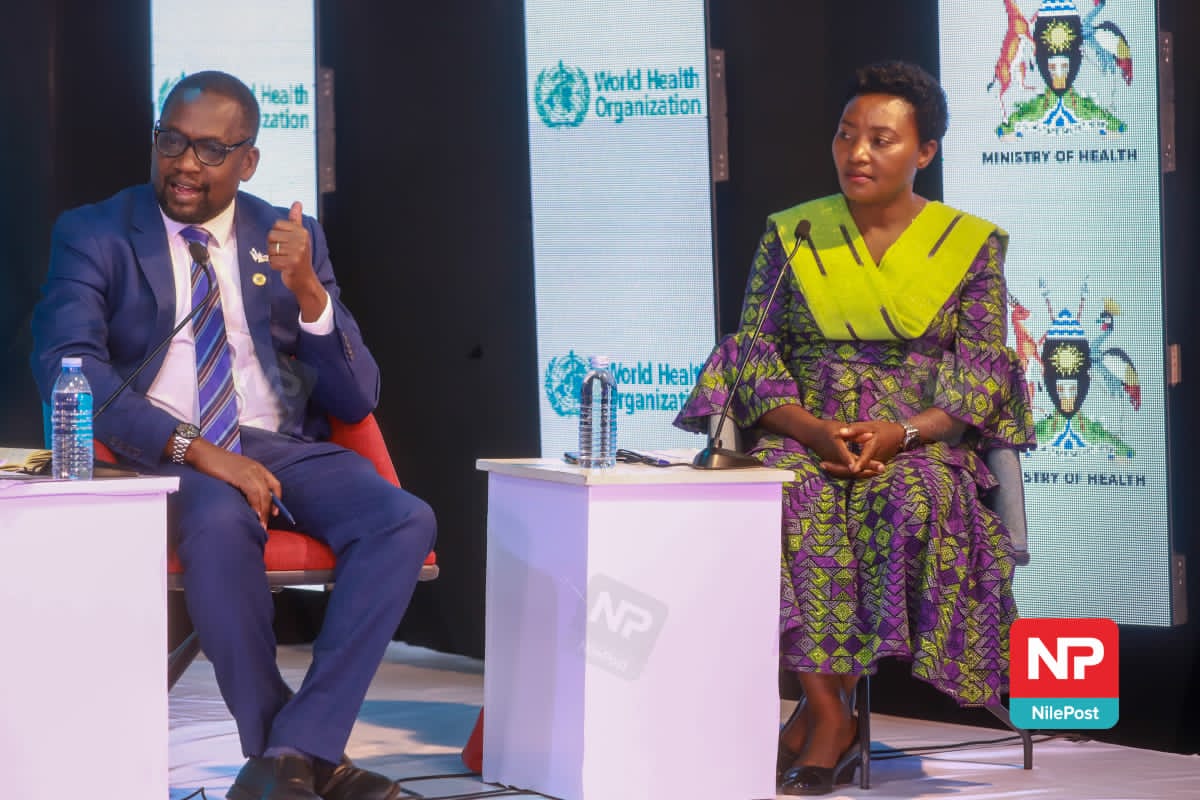
On October 15 2022, President Museveni instituted a 21-day lockdown over the districts of Mubende and Kassanda, which were the epicentre of Ebola. Other restrictions include a dusk-to-dawn curfew, a ban on public transport, and the closure of markets, bars and churches.
On November 27, Museveni extended the lockdown for another 21 days. Experts believe this measure greatly helped in curbing the virus by restricting the movement of people in these districts although some people criticized the method.
In total there were 142 confirmed cases , 55 confirmed deaths, leaving 87 recovered patients, according to the ministry.
With no vaccines and therapeutics, this was one of the most challenging Ebola outbreaks in the past five years, but the country stayed the course and continuously fine-tuned its response.
Soon after Uganda declared the Sudan ebolavirus outbreak, WHO worked with a large range of partners, including vaccine developers, researchers, donors and the Ugandan health authorities to identify candidate therapeutics and vaccines for inclusion in trials.
Three candidate vaccines were identified and over 5000 doses of these arrived in the country with the first batch on 8 December, and the last two batches on 17 December.
The speed of this collaboration marked a milestone in the global capacity to respond to rapidly evolving outbreaks and prevent them from becoming larger according to the officials.
Although the outbreak in Uganda has been declared over, The Minister of Health, Dr Jane Ruth Aceng assured the country that they are maintaining surveillance and are ready to respond quickly to any flare-ups.
She said a follow-up programme has been put in place to support survivors.


